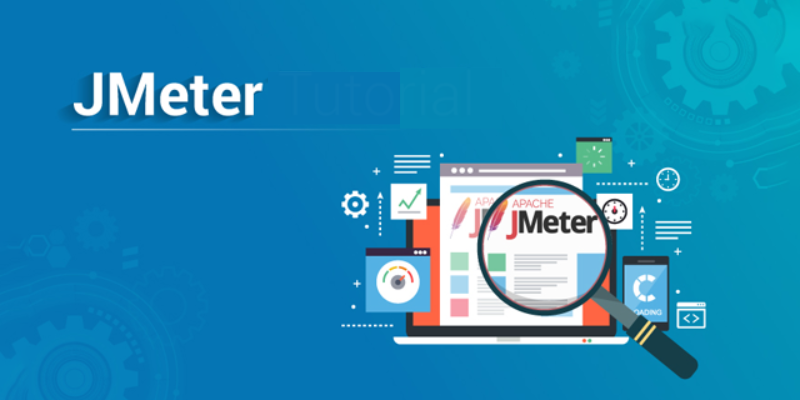Performance testing is a crucial aspect of software development that ensures applications can handle the expected workload without compromising speed or reliability. Apache JMeter is a popular open-source tool for performance testing, offering a robust set of features. This blog will discuss the challenges associated with JMeter performance testing and discuss strategies to overcome them. If you want to enhance your JMeter performance testing skills, consider exploring opportunities for JMeter Training in Chennai offered by FITA Academy to gain hands-on experience and guidance from experts in the field.
Challenges of JMeter Performance Testing
Scripting Complexity
Creating effective test scripts in JMeter can be complex, especially for large and intricate applications. Testers face common challenges when dealing with dynamic content, handling session management, and ensuring script reusability.
Resource Intensive
JMeter can be resource-intensive, particularly when simulating a large number of users. Running tests with many threads or iterations can lead to memory consumption issues, impacting the accuracy of test results.
Steep Learning Curve
JMeter’s extensive features and capabilities can present a steep learning curve for newcomers. Understanding how to configure thread groups, controllers, and listeners and interpreting results may require time and dedication.
Limited Reporting and Analysis
While JMeter provides essential reporting tools, more advanced and customizable reporting and analysis may be needed for in-depth performance assessments. Integrating JMeter with external tools or plugins becomes necessary for comprehensive reporting.
Dynamic Environments
In dynamic environments with frequent application changes, keeping JMeter scripts up-to-date can be challenging. JMeter Training ensures that testers can swiftly adapt scripts to application structure or functionality changes.
Strategies to Overcome These Challenges
Modular Scripting
Break down complex scripts into modular components for better maintainability and reusability. This approach eases the process of adapting scripts to changes in the application.
Optimize Resource Usage
Efficiently configure JMeter to optimize resource usage. Adjusting heap sizes, monitoring resource consumption, and running tests on dedicated machines can help mitigate resource-related challenges.
Training and Documentation
Provide comprehensive training and documentation for team members to shorten the learning curve. Familiarity with JMeter’s features and best practices ensures efficient tool use.
Integration with External Tools
Explore and integrate JMeter with external tools such as Grafana, InfluxDB, or other reporting solutions for advanced analysis and reporting. This enhances the overall capabilities of performance testing.
While JMeter is a powerful tool for performance testing, its challenges can be effectively addressed with proper strategies and best practices. By understanding and mitigating scripting complexities, resource issues, and learning curve obstacles, testing teams can harness JMeter’s full potential to ensure their applications’ performance and reliability. Embracing these challenges as opportunities for improvement will lead to more effective performance testing processes and, ultimately, better software quality. Consider enrolling in a reputable Training Institute in Chennai to sharpen your JMeter skills and stay ahead in the dynamic field of performance testing.

